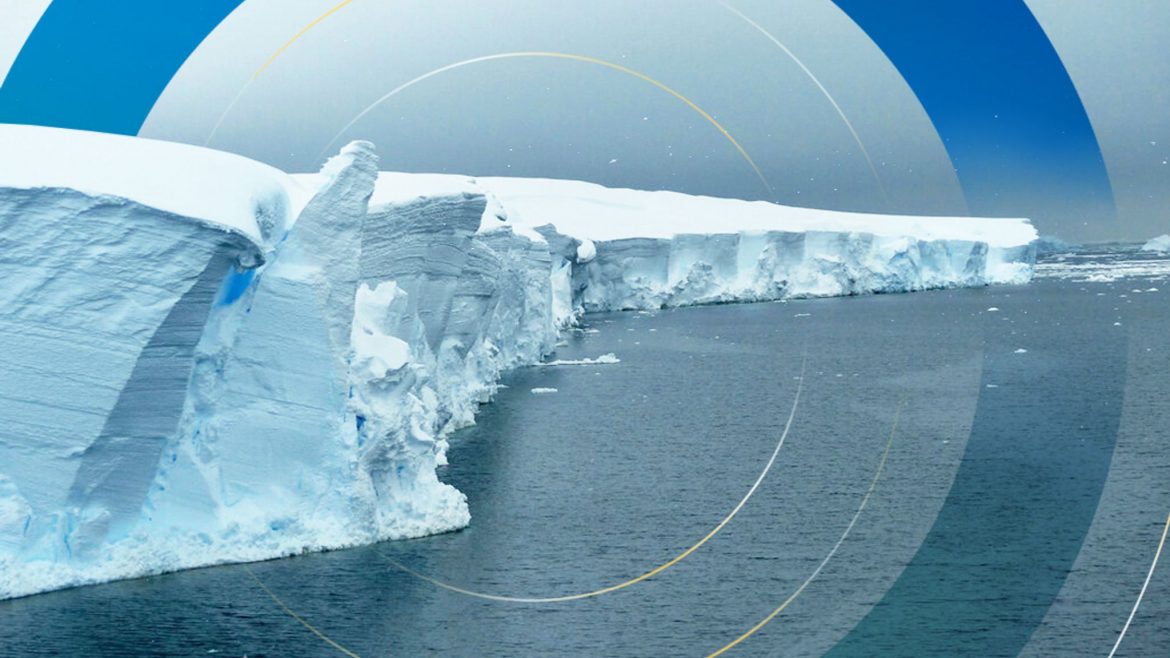Latest reports show that a team of scientists are setting sail to what has been described as the “hardest” place to get to in the world to investigate how much, as well as how quickly, sea levels will rise.
This is as global warming continues to eat away at Antarctica’s vast ice sheet.
The scientists, numbering thirty-two, will spend more than two months onboard an American research ship to explore the crucial area where the enormous, melting Thwaites Glacier meets the sea.
Because of the threat its melting would pose to the world, with the potential to raise sea levels eventually by more than two feet, the Britain-sized glacier has earned the nickname the “doomsday glacier”.
Given its potential to profoundly impact all parts of the world, the US and the UK are in the midst of a joint £37m mission to study Thwaites, the widest glacier in the world by land and sea.
While the British Antarctic Survey says it is responsible for 4% of global sea rise, It is already shedding around 50 billion tons of ice into the water a year. It lies east of Antarctica’s peninsula, far from any of the continent’s research stations.
Read also: Study says hotter summer days mean more Sierra Nevada wildfires
Anna Wahlin, an oceanographer from the University of Gothenburg in Sweden, was quoted as saying that “Thwaites is the main reason I would say that we have so large an uncertainty in the projections of future sea-level rise and that is because it’s a very remote area, difficult to reach”.
Speaking from the Research Vessel Nathaniel B Palmer, which was scheduled to leave its port in Chile hours later, she added: “It is configured in a way so that it’s potentially unstable. And that is why we are worried about this.”
Wahlin’s team will use two robot ships – her own large one called Ran which she used in 2019 and the more agile Boaty McBoatface, the crowdsource named drone that could go further under the area of Thwaites that protrudes over the ocean – to get under the glacier.
